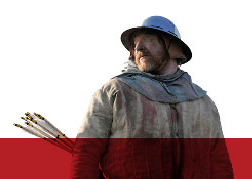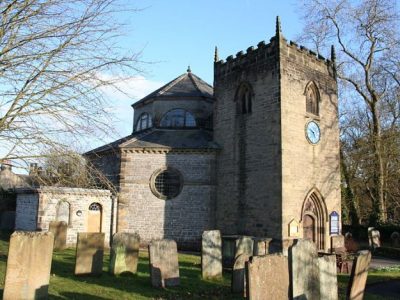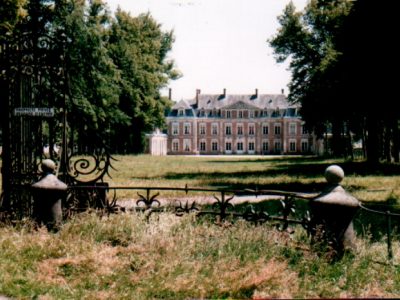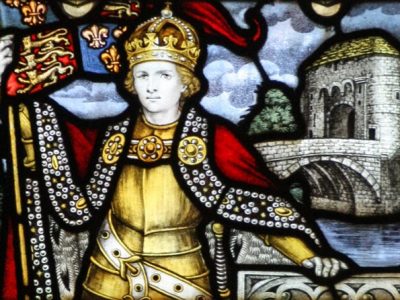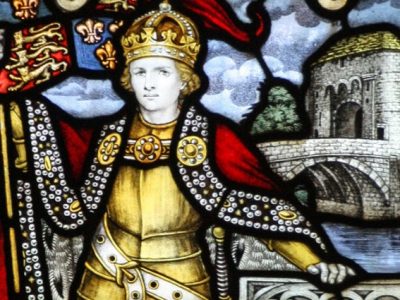Myths and Cobblers
By Stephen Cooper In the great St Crispin’s Day speech, Shakespeare’s Henry V tells his followers: ‘He that outlives this day, and comes safe home, Will stand a tip-toe when this day is nam’d, And rouse him at the name of Crispian.’ In fact, the English casualties at Agincourt were light, and there must have been many who ‘came safe home’. There are certainly many myths and legends about these men. One of them concerns Sir Piers Legh of Lyme Hall in Cheshire. He undoubtedly fought at Agincourt, but it... Read More
